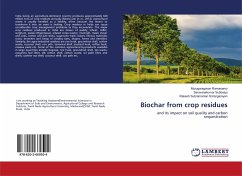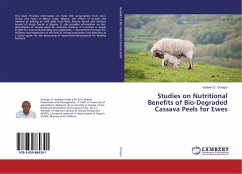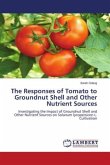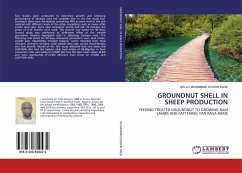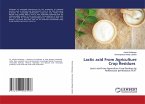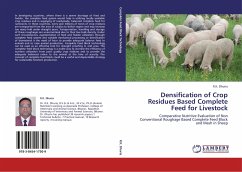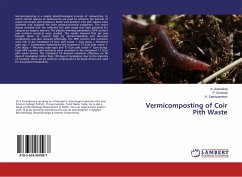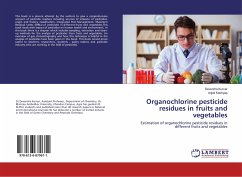India being an agriculture-dominant country produces approximately 620 million tons of crop residues annually (Niveta Jain et al., 2014). Agricultural waste is usually handled as a liability, often because the means to transform it into an asset is lacking. Crop residues in fields can cause considerable crop management problems as they accumulate. The major crop residues produced in India are straws of paddy, wheat, millet, sorghum, pulses (Pigeonpea), oilseed crops (castor, mustrad), maize stover and cobs, cotton and jute sticks, sugarcane trash, leaves, fibrous materials, roots, branches and twigs of varying sizes, shapes, forms and densities. Similarly, the agro-industrial residues are rice husk, groundnut shell, cotton waste, coconut shell, coir pith, tamarind shell, mustard husk, coffee husk, cassava peels etc. Some of the common agricultural by-products available in large quantities include bagasse, rice husk, groundnut shell, tea waste, casuarina leaf litter, silk cotton shell, cotton waste, oil palm fibre and shells, cashew nut shell, coconut shell, coir pith etc.
Hinweis: Dieser Artikel kann nur an eine deutsche Lieferadresse ausgeliefert werden.
Hinweis: Dieser Artikel kann nur an eine deutsche Lieferadresse ausgeliefert werden.

